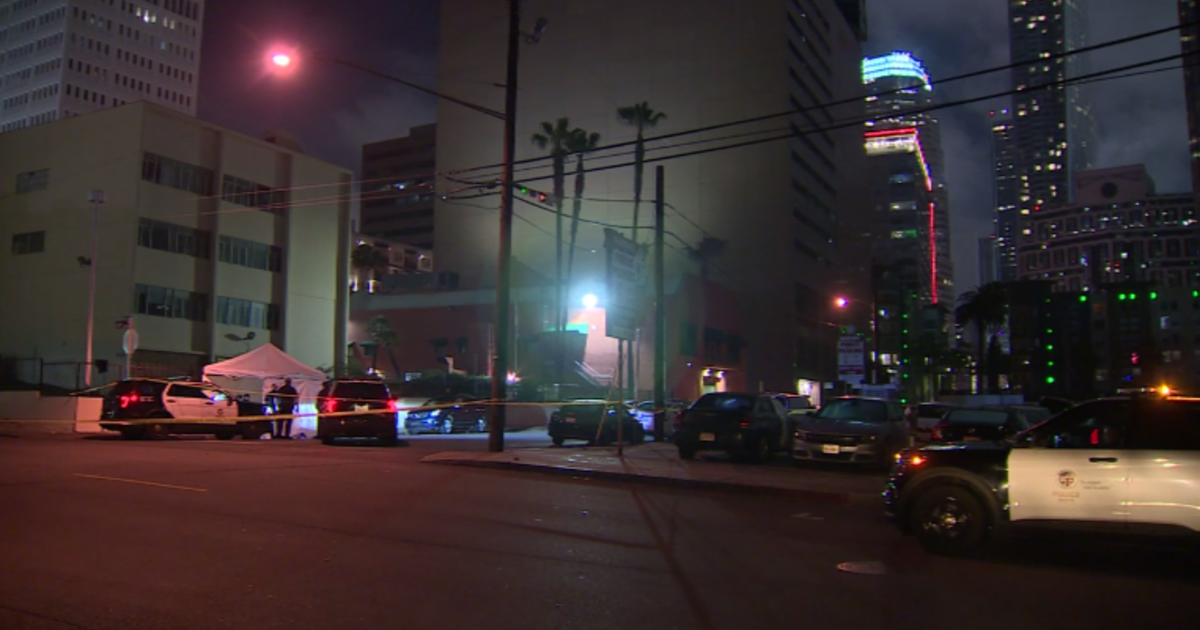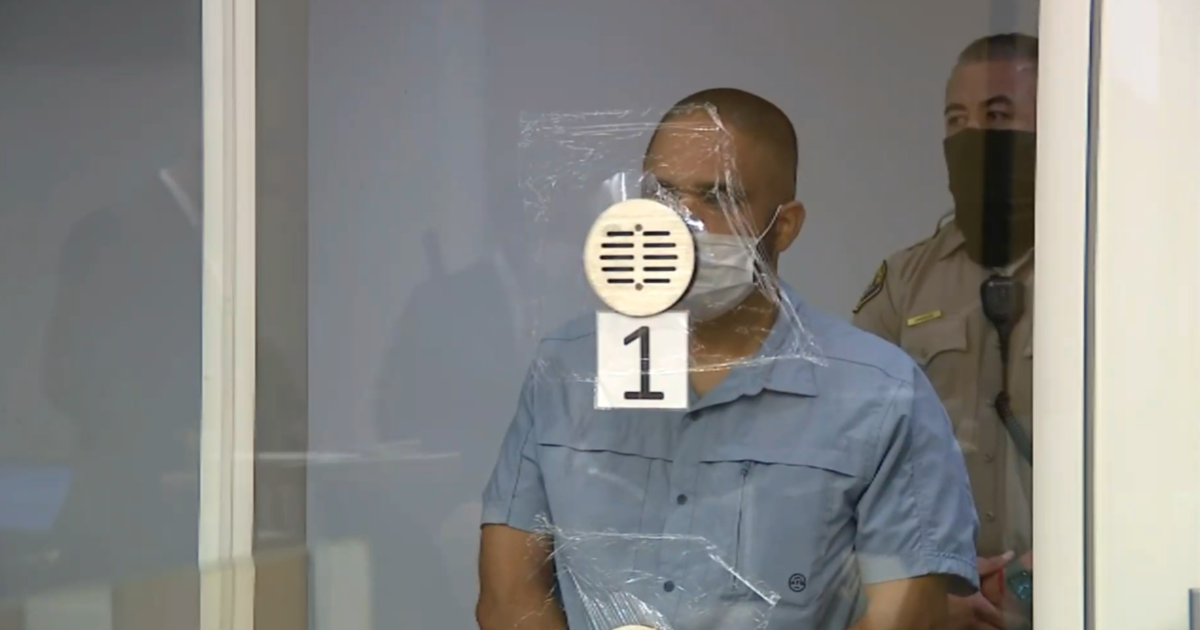LAUSD Agrees To Revise How English Learners Are Taught
LOS ANGELES (CBS) — The Los Angeles Unified School District agreed Tuesday to sweeping revisions in the way it teaches students learning English, as well as African American youngsters, settling a federal civil rights investigation that examined whether the district was denying the students a quality education.
The settlement closes what was the Obama administration's first civil rights investigation launched by the Department of Education, and officials said Tuesday that it would serve as a model for other school districts around the country.
"What happens in L.A. really does set trends for across the nation. More and more school districts are dealing with this challenge," said Russlynn Ali, the assistant secretary of education for civil rights.
The agreement poses a potential financial problem for the school district, which has faced multi million-dollar budget cuts and layoffs over the last few years.
The Education Department launched the probe last year, at first to determine if students who entered school speaking limited English, most of whom are Latino, were receiving adequate instruction. The nation's second-largest school system has more students learning English, about 195,000, than any other in the United States — about 29% of the district's overall enrollment. Later, at the urging of local activists, investigators widened the probe to include black students, who make up about 10% of the district's enrollment.
Federal authorities do not accuse the district of intentional discrimination. But the settlement requires a top-to-bottom revision of the district's Master Plan for English Learners, which is already well underway. The goal is to let the district develop the details, under continuing oversight from the Office for Civil Rights, a branch of the Education Department.
Under the settlement, the district for the first time will focus on the academic progress of students judged to have adequately learned English. Many of these students subsequently flounder academically. The district will also concentrate efforts on students who have reached high school without mastering the English skills necessary to enroll in a college-preparatory curriculum and who may be at risk of dropping out.
L.A. Unified also agreed to provide students learning English and black students with more effective teachers. Improved teaching would result from "ongoing and sustained" training, among other potential efforts, Ali said.
The decision on how to improve instruction will be a local one. The district will be judged in large measure by student performance data. The ultimate sanction for not living up to the agreement would be withholding or withdrawing federal funds, Ali said.
L.A. Unified was selected for the investigation in large measure because it is an epicenter for the challenge of educating students whose native language is not English. For years, district officials insisted that L.A. Unified performed as well as or better than nearly all other school systems with this population.
Federal officials did not challenge this record. Instead, they emphasized that past efforts simply haven't succeeded as well as they must. District officials, in fact, have echoed this rhetoric. Former board member Yolie Flores consistently criticized the district's performance with English learners.
Under federal law, discrimination can exist even when it is not intentional, based on the levels of opportunity afforded students through even well-meaning policies and practices.
On Tuesday, school board President Monica Garcia made no excuses.
"It is very appropriate for the office of civil rights to come and stand side by side with our students," she said.
U.S. Secretary of Education Arne Duncan traveled to Los Angeles for the announcement and praised the district's cooperation alongside L.A. Mayor Antonio Villaraigosa, who took part in a joint news conference.
Black students were not part of the initial inquiry, but were added to placate activists, who pointed out that African American students were, by some measures, performing at lower levels than Latino students.
For that part of the inquiry, investigators compared resources at schools that serve a substantially black enrollment with those that serve a substantially white student body. They found disparities in technology and library resources, among other things.
"We saw libraries that were woefully resourced," Ali said. "Books that weren't there that were supposed to be. Books that were there and not recorded."



